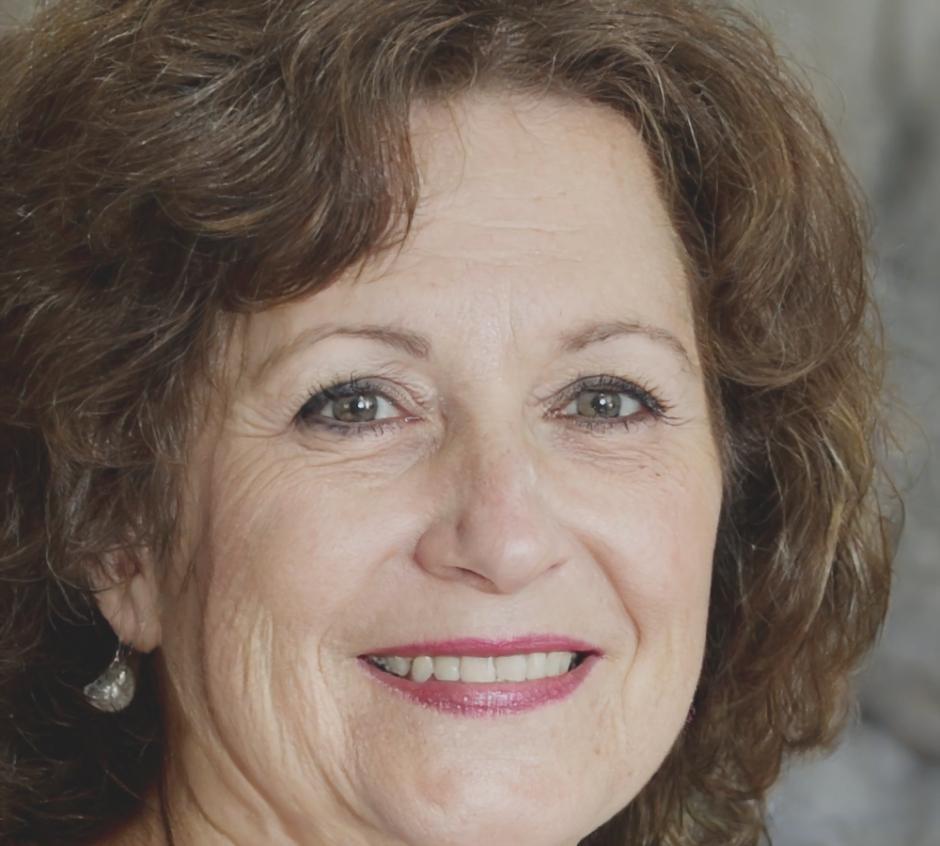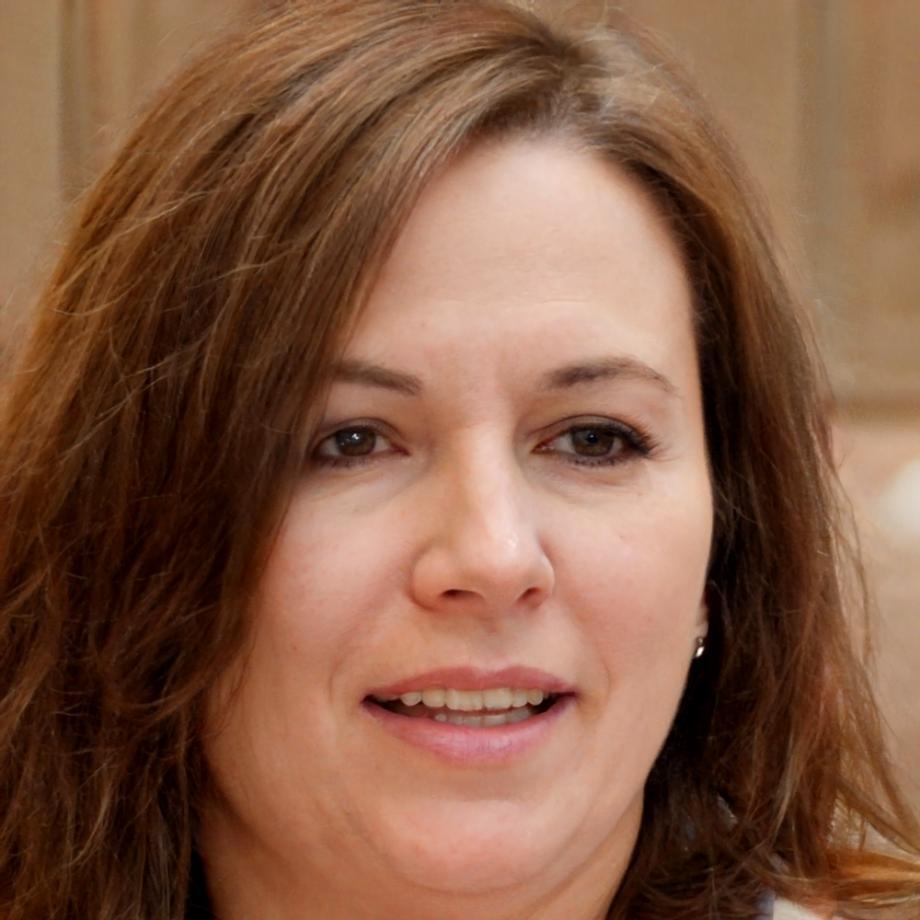Stop Guessing Where Your Money Goes
Most people think budgeting means restriction. But what if it's actually about making conscious choices? Our approach starts with understanding your real spending patterns—not just tracking numbers, but figuring out why certain expenses happen and what they're actually getting you.
Explore Our Programs
Budget Foundations That Actually Stick
The truth? Most budget systems fail because they're built on someone else's priorities. We help you build something that fits your actual life.
Track What Matters to You
Forget those one-size-fits-all categories. If you spend on hobbies that keep you sane, that's not waste—it's maintenance. We show you how to categorize expenses based on what they deliver to your life, not what some financial guru says you should value.
Find Your Spending Patterns
Everyone has invisible spending habits. Maybe you overspend when stressed, or impulse-buy during sales. Our methods help you spot these patterns without judgment, so you can decide which ones to keep and which to change.
Build Realistic Goals
Setting a savings target of 50% when you're barely making it? That's a recipe for giving up. We work with your current situation to create achievable milestones that build momentum instead of crushing motivation.
Handle Real-Life Surprises
Life happens. Car repairs, medical bills, random expenses you never saw coming. Instead of treating these as failures, we teach you to plan for unpredictability—because that's just being realistic about how the world works.

How We Actually Teach This
Our programs run from September 2025 through March 2026. Classes meet twice weekly in the evenings, with optional weekend workshops for deeper dives into specific topics.
Month One: Your Money Snapshot
You'll spend the first four weeks just observing. No changes, no restrictions—just tracking everything and learning what your current spending actually looks like. Most people are genuinely surprised by what they find.
Month Two: Pattern Recognition
Now we analyze. Where does money consistently disappear? Which expenses bring satisfaction and which ones don't? This is where you start seeing the difference between necessary costs and habitual spending.
Month Three: Your Custom System
Using everything you've learned, we build a budget structure that matches your life. Digital tools, spreadsheets, or even paper—whatever actually works for you. The goal is sustainability, not perfection.
Months Four to Six: Real Implementation
This is where theory meets reality. You'll test your system, adjust when things don't work, and develop the habits that keep it going. We meet regularly to troubleshoot challenges as they come up.

What Past Participants Say

Petra Lindström
Completed program in 2024I thought I was decent with money until I actually tracked everything for a month. Turns out I was spending nearly 8,000 baht monthly on convenience—ordering food instead of cooking, buying coffee out, paying for last-minute transportation. Not saying those things are bad, but I didn't realize how much they added up. Now I budget for convenience as its own category, which sounds weird but works.

Amara Srisai
Finished December 2024The instructors never made me feel bad about my spending choices. They just asked questions that made me think about whether those choices matched what I said I wanted. That approach helped way more than being told what to cut. I still spend on things other people might consider unnecessary, but now it's deliberate instead of automatic.
Ready to Build Your System?
Our next cohort starts September 2025. Classes fill up by August, so if you're interested in joining, reach out sooner rather than later.